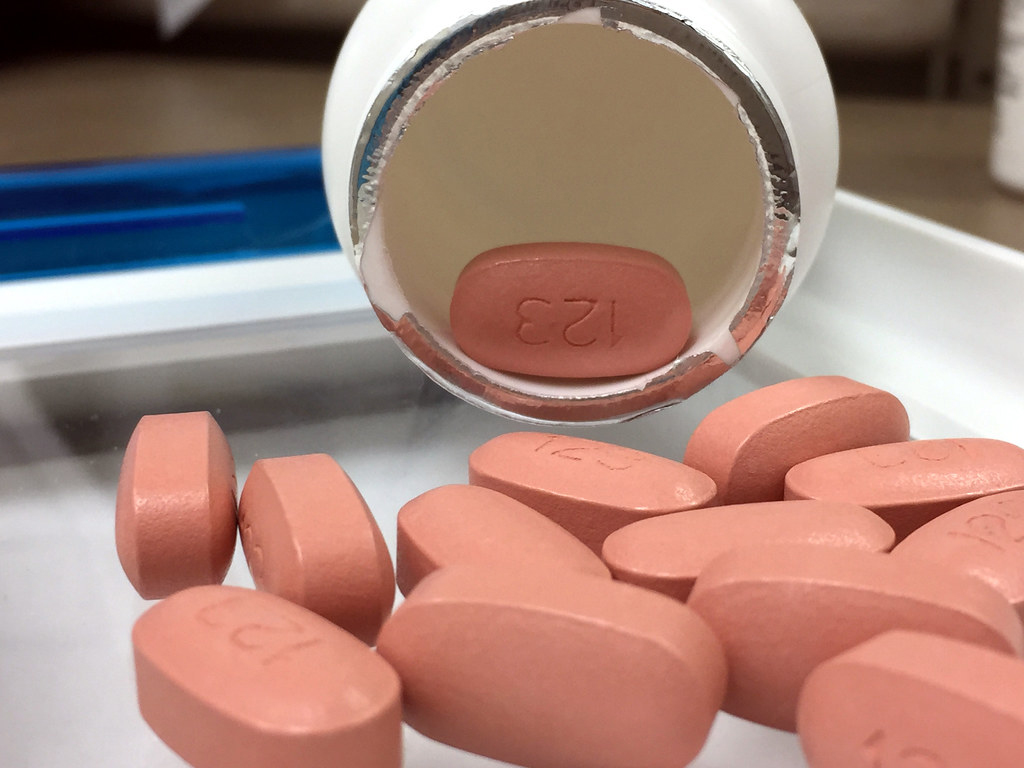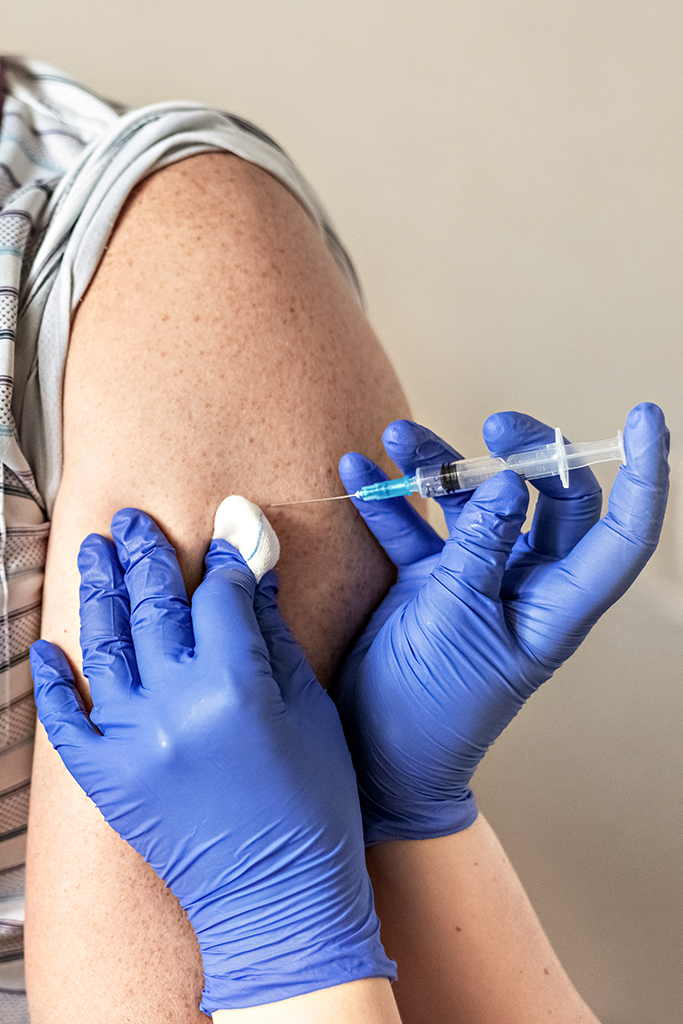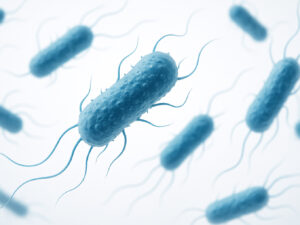
HIV Vaccine Awareness Day (World AIDS Vaccination Day) is observed every year on 18 May to recognise the volunteers, community members and scientists working together to develop a vaccine to prevent HIV. It is also an opportunity for everyone to get education about HIV, its prevention methods, progression, and treatment options. This specific date is chosen to commemorate the speech given by Bill Clinton on May 18, 1997, where he said the famous quote “Only a truly effective, preventive HIV vaccine can limit and eventually eliminate the threat of AIDS”.
HIV and AIDS: A Short Background
The human immunodeficiency virus (HIV) is the virus that causes HIV infection. HIV attacks and destroys the CD4 T lymphocytes of the immune system, which makes it difficult for the body to fight off infections and illnesses. If HIV infection is untreated, it can cause acquired immunodeficiency syndrome (AIDS), which is the most advanced stage of HIV infection.
HIV Statistics
According to the World Health Organization:
- There are approximately 39 million people across the globe with HIV in 2022.
- 1.3 million people became newly infected with HIV in 2022.
- 630,000 people died from AIDS-related illnesses in 2022.
In Türkiye, after the first reported HIV-infected patient in 1985, there have been around 40,000 people who have tested HIV positive and 2,295 AIDS patients in total.
HIV Transmission
HIV can be transmitted between people with certain body fluids like blood, reproductive fluids, and breast milk.

Learning the correct transmission modes is important to decrease the prejudices against HIV patients. You cannot get HIV by shaking hands, hugging, or contact with objects used by a person with HIV, through air or water or by mosquitoes, ticks, or other insects.
At any stage of HIV infection HIV transmission is possible even if the patient is showing no symptoms.
Symptoms of HIV
Within the first 2-4 weeks following infection, flu-like symptoms can be observed that may last a few days to several weeks. Other possible symptoms are night sweats, muscle aches, weight loss, swollen lymph nodes, fatigue, sore throat, and mouth ulcers. Because HIV infection weakens the immune system, it makes patients open to other opportunistic infections. More severe symptoms of HIV may not appear for many years.
HIV Testing
HIV testing determines if a person is infected with HIV. Healthcare institutes recommend everyone get tested at least once, more frequently for people with higher risk. Three types of tests are used to diagnose HIV infection: antibody, antigen/antibody, and nucleic acid tests. In HIV-1 (the most common and infectious form of HIV) testing, sensitivity, ease of use, and accuracy are especially important for the immediate onset of treatment which can be achieved by Anatolia Geneworks Bosphore HIV-1 Detection and Quantifications Kits. Also, with the Bosphore HIV-1 Drug Resistance Mutation Sequencing Kits, drug resistance mutations can be determined from serum or plasma samples which can be instructive in the correct treatment.
Treatment of HIV
The treatment options and their efficacy in HIV infection have been developed greatly over time
In the treatment mostly Antiretroviral therapy (ART) is in use which prevents HIV from multiplying. By this treatment, the viral load in the body (amount of HIV) is reduced therefore, the immune system is protected, and infection doesn’t develop into AIDS. Although ART is not a cure, patients can live long and healthy lives with it. HIV medicine taken during pregnancy, childbirth and breastfeeding can also reduce perinatal transmission.

Prevention Methods for HIV
Reducing the HIV risk includes using protection in sexual intercourse, limiting the sexual partners, and avoiding unsanitary usage of any needles. Pre-exposure prophylaxis (PrEP) is a prevention option for people who don’t have HIV but have a high risk of becoming infected.
Preventive HIV Vaccine
A preventive HIV vaccine is aimed to be given to healthy people to prevent HIV infection in the future. Currently, no preventive HIV vaccines have been approved however there are multiple clinical studies ongoing.

Although treatment options for HIV have improved a lot over the last 30 years, HIV medicines can have side effects, are expensive and can’t be accessed in every country. Therefore, the most effective way to completely end the new HIV infections is with a preventive HIV vaccine.
Therapeutic HIV Vaccine
A therapeutic HIV vaccine is a vaccine that is designed to improve the body’s immune response to HIV in a person who is already infected. Currently, there is no therapeutic HIV vaccine approved but the research is underway.
The hope is to treat people with these vaccines and keep HIV at undetectable levels without the need for regular ART treatment.





